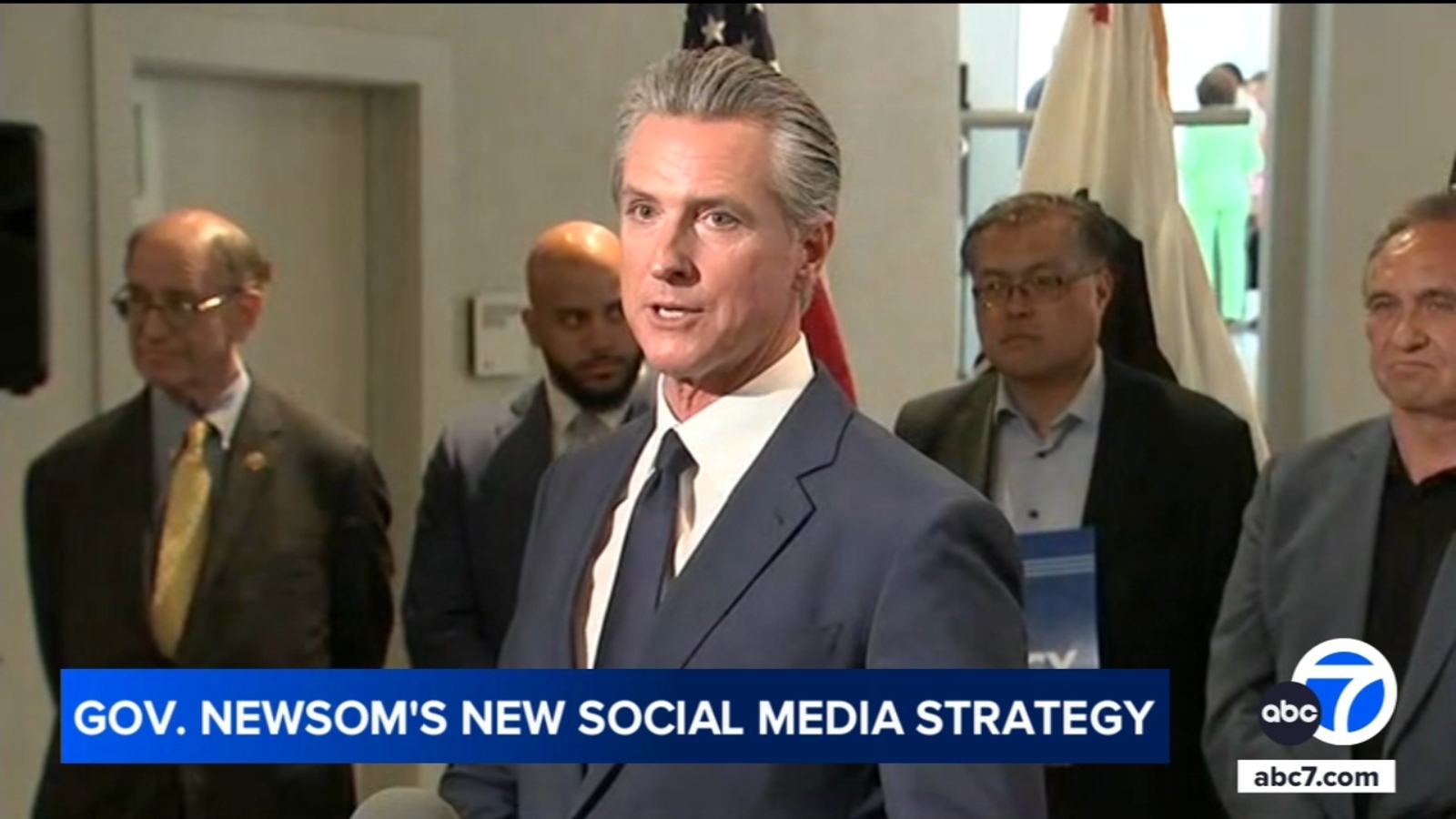fromPR Daily
15 hours agoBehind the social handle: How to balance risk and trust - PR Daily
Running a social account is a delicate balance between risk and trust. "I think it's almost like a double-edged sword ... don't overthink it, but also learn the muscle of putting out risky content and knowing the limitations of how risky you can go," said Jori Evans, director of social at Manscaped. Evans gained experience from working with boutique brands before moving onto Microsoft, Groupon and with agencies for brands like Slim Jim. She will speak on a panel at Ragan's Social Media Conference next month to discuss what it really takes to manage a brand's social account behind the scenes.
Marketing

























